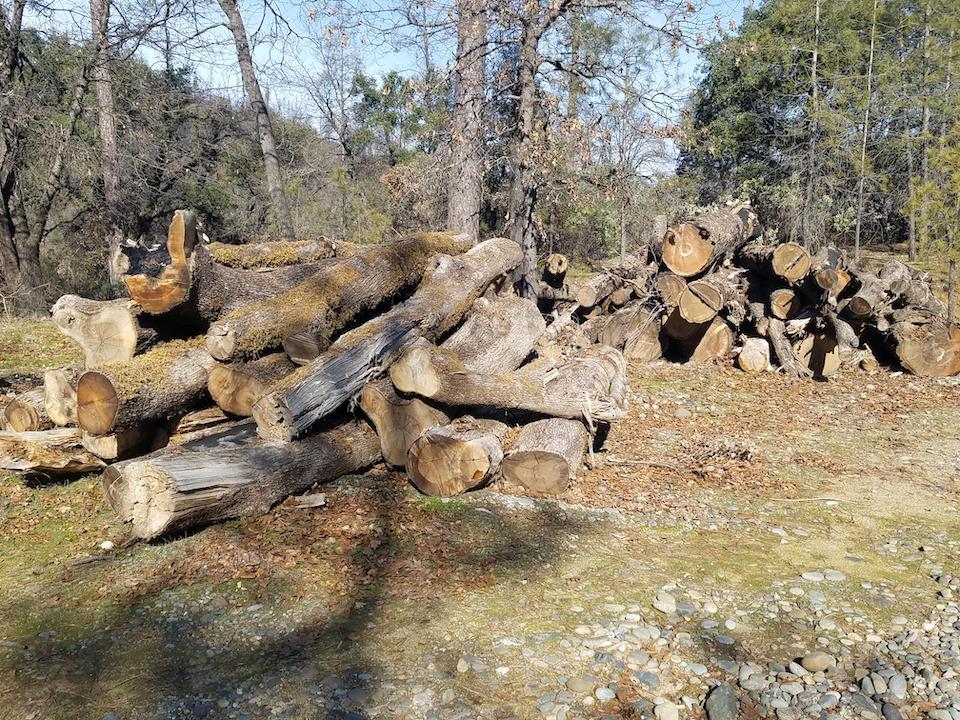
Trees cut down after the Carr Fire swept Whiskeytown NRA are being sold for $10/cord/NPS
At $10 a cord, a wood stove could keep you warm for a part of the winter for less than $50. That's the price per cord at Whiskeytown National Recreation Area in California, where the trees were cut down after the Carr Fire swept the park in 2018. There is, however, a four-cord limit per person.
According to park staff, roughly 6,000 trees were cut down in the wake of the fire. They have have been stacked into log decks at easily accessible locations throughout the park and will now be offered to the public as an inexpensive source of firewood. The majority of the wood is ponderosa, gray, and knobcone pine, but there will be oak available at some locations as well.
To harvest the logs, purchase a wood collection permit in person at the Whiskeytown Visitor Center on the corner of Highway 299 and Kennedy Memorial Drive. Sales of the permit begin on Saturday, February 1, and the permit is valid until March 31. The visitor center is open every day from 10 a.m. to 4 p.m. Only credit and debit cards may be used for the purchase of the permit; no cash or checks accepted.
Each cord costs $10, and a maximum of four cords per person may be purchased. An entrance pass to the park is also required. Permittees will be provided with a map and a list of designated wood collection sites.
Wood is on a first come, first served basis and can’t be held or reserved. It is for personal use only, and may not be sold. Wood is only to be cut into rounds for transport; splitting and milling are not allowed on site. Chainsaws may be utilized for preparing logs for transport; the operation of tools and equipment is at one’s own risk.



Comments
Wonder if any wildlife/bird habitat trees were left standing or is that expecting too much from an agency with a logger bias as we have witnessed multiple times at Redwood N.P. NPS Law Enforcement managers generally have little respect or patience for ecological science principles and sometimes have been caught poaching wildlife within park boundaries (while firing any potential whistleblowers) !
We're glad to see NPS saving a wood resource for domestic use; at SEKI and many other parks, down logs and windfall cleared from roads, trails are simply wasted and not utilized.
Whereas California Redwood State Parks have a long history of utilizing windfall redwood logs for park projects and minimizing the normally huge accessible wood waste. vs. NPS misusing scarce park funds purchasing similar corporate business new wood products.